The hospitality sector is changing rapidly, and the emphasis on sustainability has moved from a mere fad to a pressing need. Hotels are significant consumers of energy as they need to be heated, cooled, and lit consistently. One of the biggest ways hotels consume energy is through heating and cooling unoccupied guest rooms or running HVAC during mild weather. It is important to address energy wastage in order to create eco-friendly hotels through which guests can enjoy themselves without fear of compromising their satisfaction and comfort.
The Energy Waste Problem in Hotels
Hotels traditionally use fixed schedules when it comes to HVAC systems which are usually non-occupancy driven. Consequently, most of the guests will either turn on air conditioners or leave heaters running in their rooms for hours when they are away. This approach leads to an increase in energy usage and more operational expenses while enlarging the carbon footprint of hotels worldwide. With hotels worldwide competing for both guests and profits, finding ways to reduce energy waste is becoming more important.
The Rise of Smart Hotels
Smart hotels are revolutionizing the world of energy efficient solutions in the hospitality industry. These establishments use modern technologies such as sensors and networked controls that work together to adjust energy consumption dynamically. For instance, through intelligent building solutions, complex systems provide real-time data on occupancy rates, energy consumption, or even weather conditions. By taking note of these factors, the systems have the ability to adjust room settings when unoccupied. The energy savings due to this dynamic change can range up to 40%.
A good example is when smart thermostats automatically readjust room temperatures once guests exit or check out while occupancy sensors ensure that heating and cooling equipment only works when rooms are occupied. Lighting sensors can even be installed to ensure all lights are turned off when guests leave the room. This kind of precision control enables hotels to save on energy without affecting their visitors’ comfort. By taking advantage of these types of controls, hotel brands can lower their carbon footprint and promote sustainable measures.
Overcoming the Challenges
One of the greatest challenges faced by hotel proprietors is retrofitting an old building with smart technology. A high up front cost may be needed for smart dashboards, sensors and other connected devices. However, hotels can see an increased return on investment by implementing sustainable strategies. There are various funds for promoting energy-efficiency for businesses. For example, there was a $362 million commercial energy efficiency tax deduction in the United States under the Inflation Reduction Act of 2021, which provides financial assistance to hotels implementing environmental management approaches. Some local utility companies even provide financial incentives for energy saving projects like LED retrofits, HVAC upgrades and more.
The Benefits of Smart Technology for Hotels
Smart hotels offer more than just energy savings. Predictive analytics support the idea that they allow hotel managers to know the peak energy periods and adjust their systems accordingly in order to avoid spikes of demand thus improving their efficiency. These systems also guarantee comfort for guests since their in-room settings can remain personalized without utilizing any power when they are not occupying them.
Smart technology enables hotels to achieve their global sustainability goals by promoting energy conservation as well as aligning with it. As environmental, social and governance (ESG) considerations become important in the hospitality industry, the adoption of green technology can improve the image of a hotel. There is an increasing number of tourists interested in staying in environmentally friendly places. Therefore, investment in this type of approach helps hotels attract more guests while fulfilling corporate social responsibility requirements.
Click here to read the full article, originally published January 31, 2024 by Hotel Technology News.

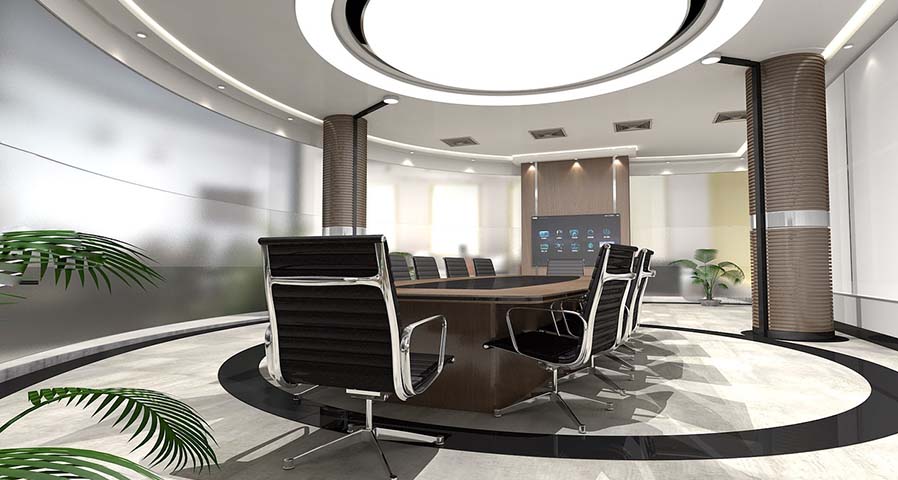
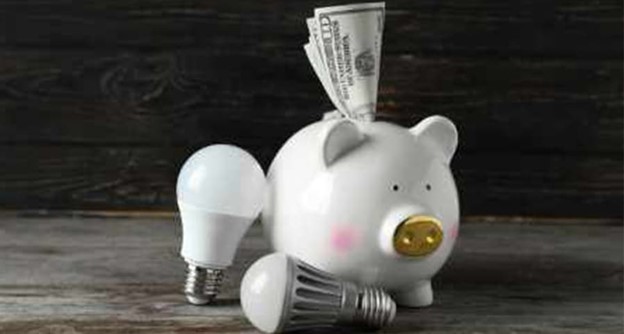
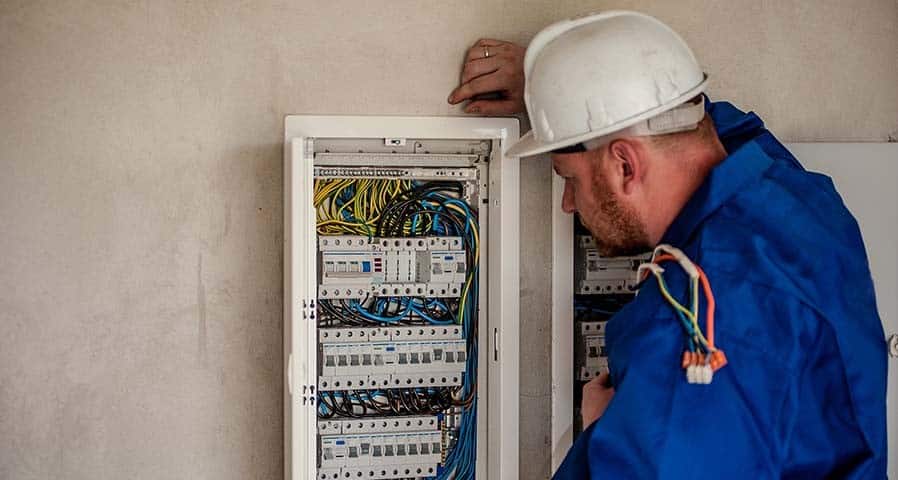
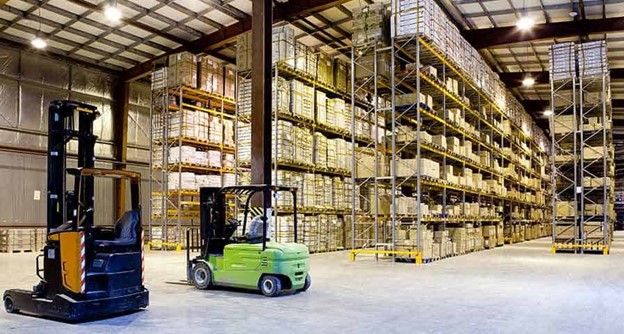


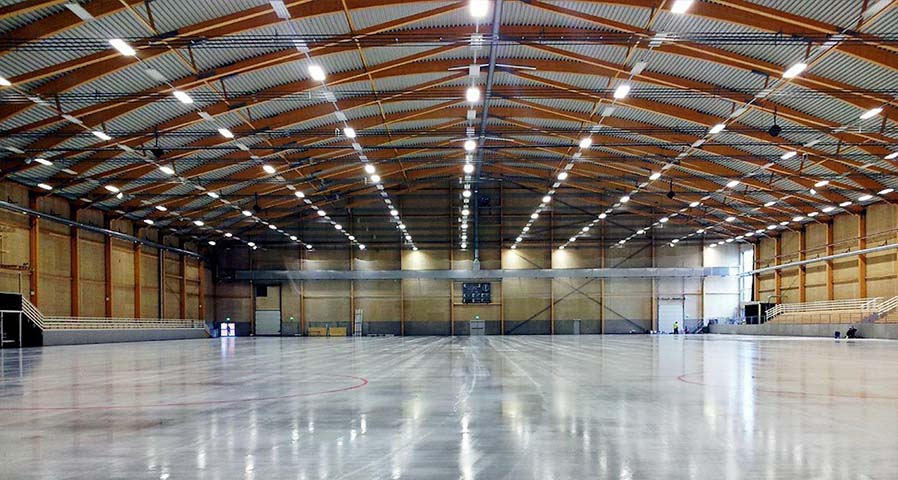








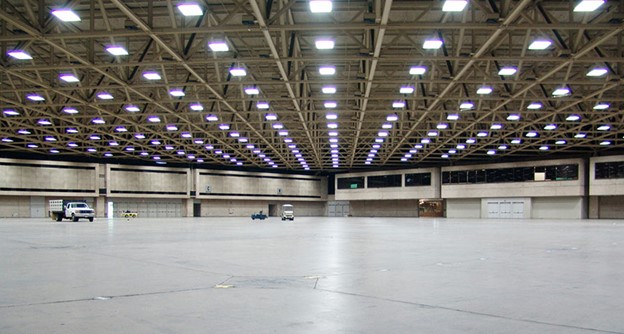
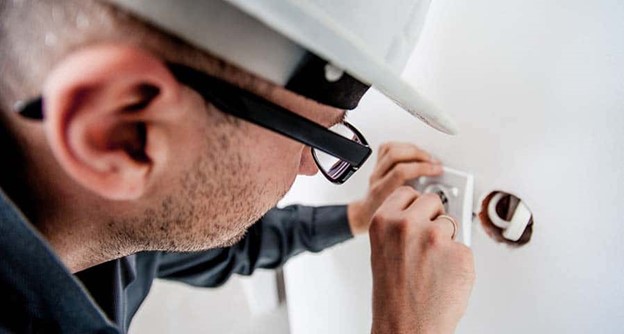

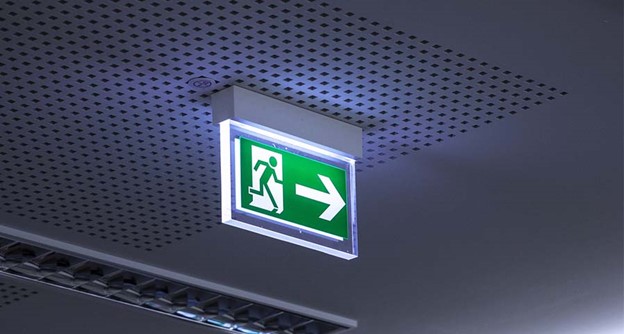
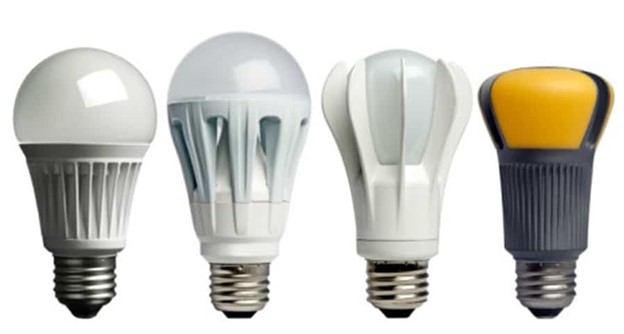
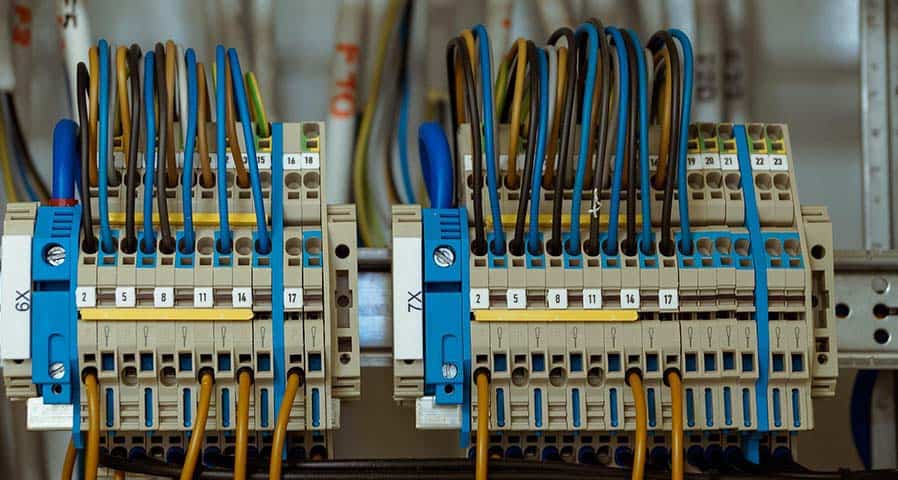

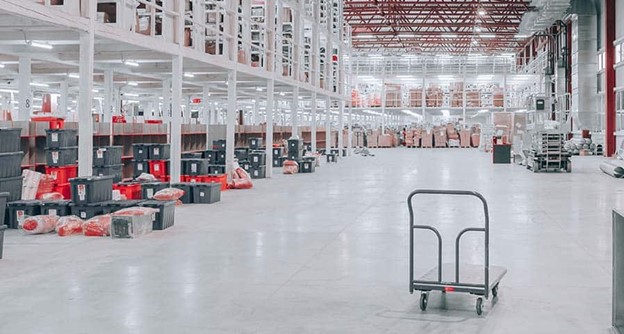

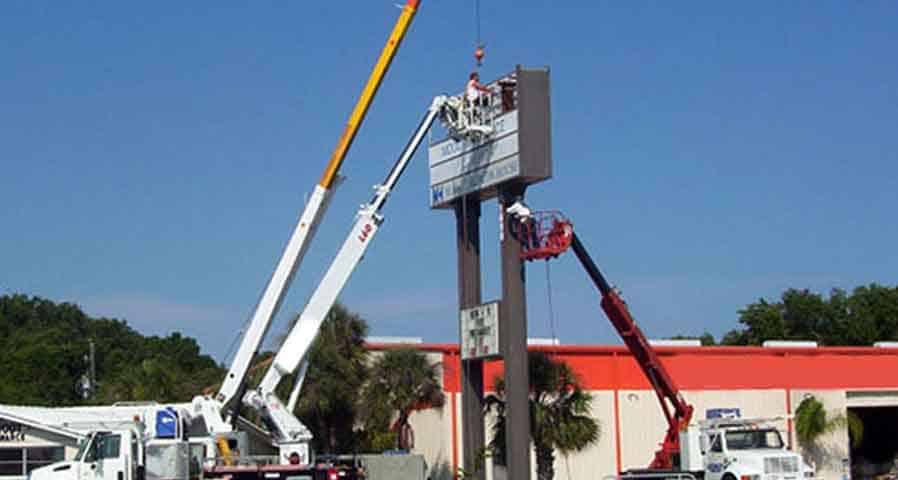

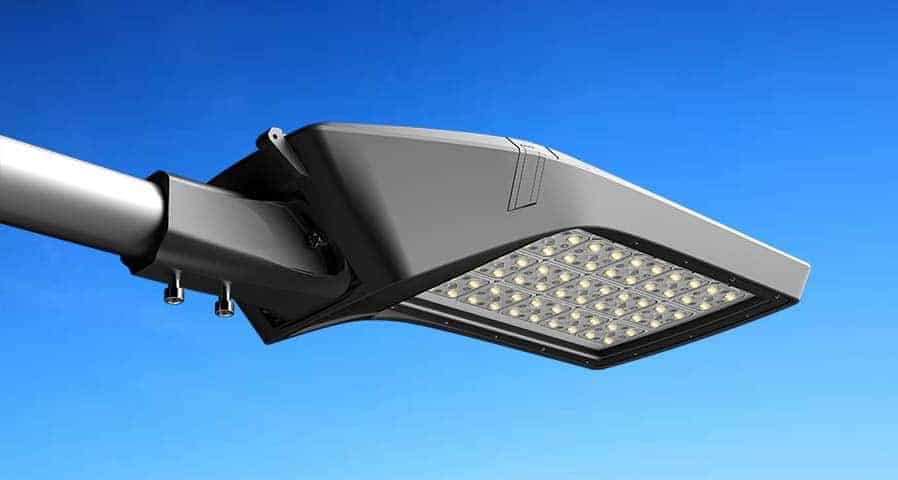
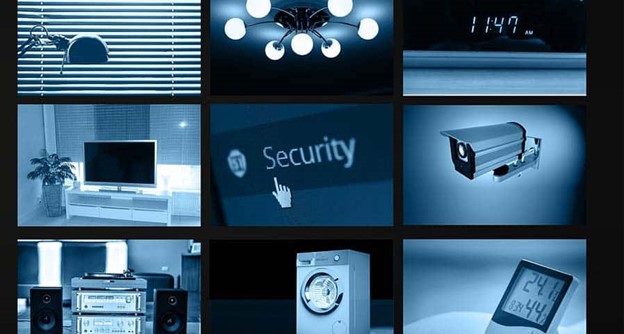
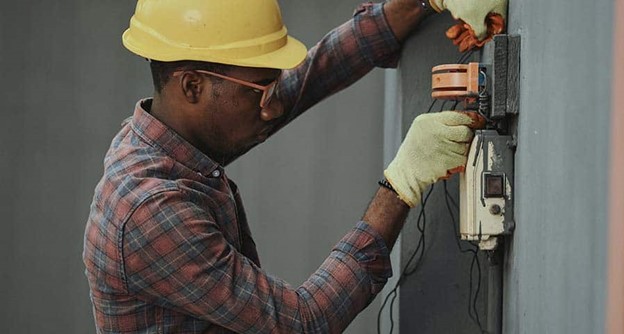
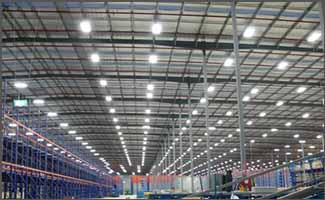


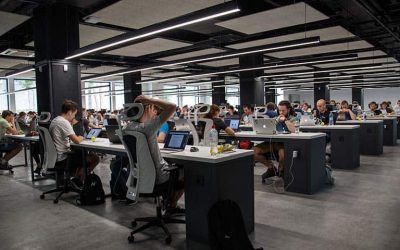





0 Comments